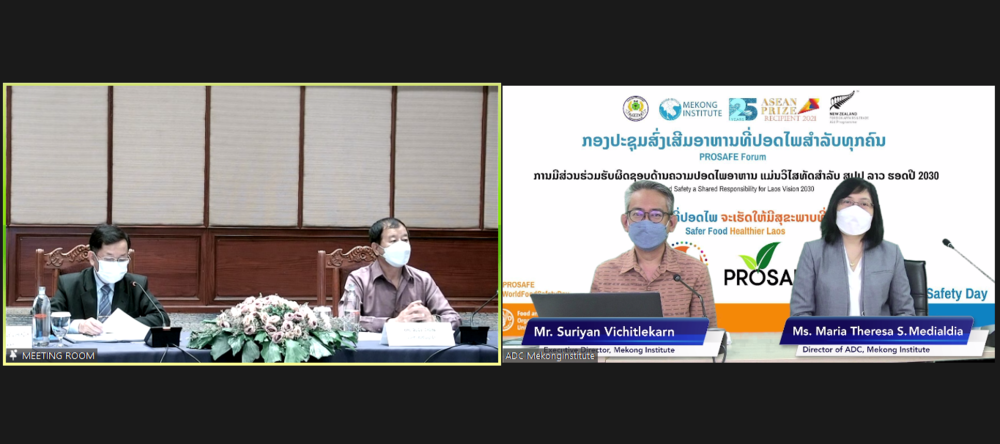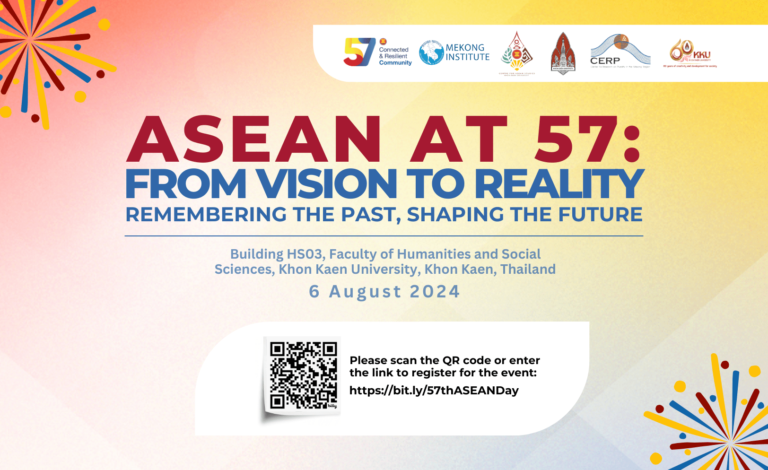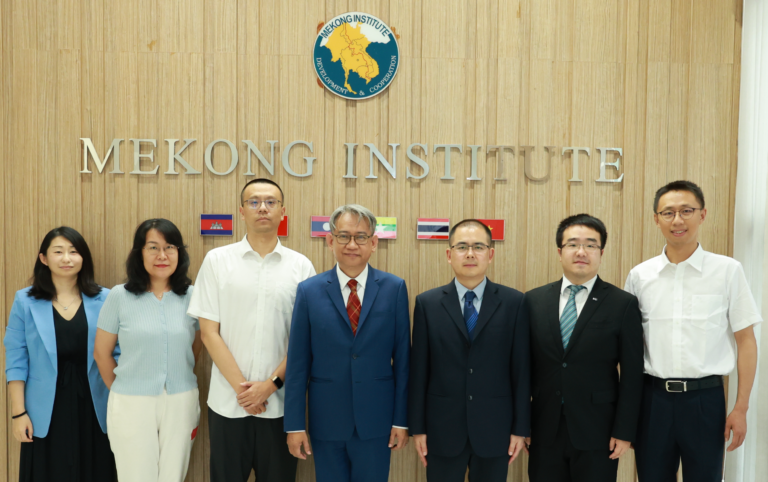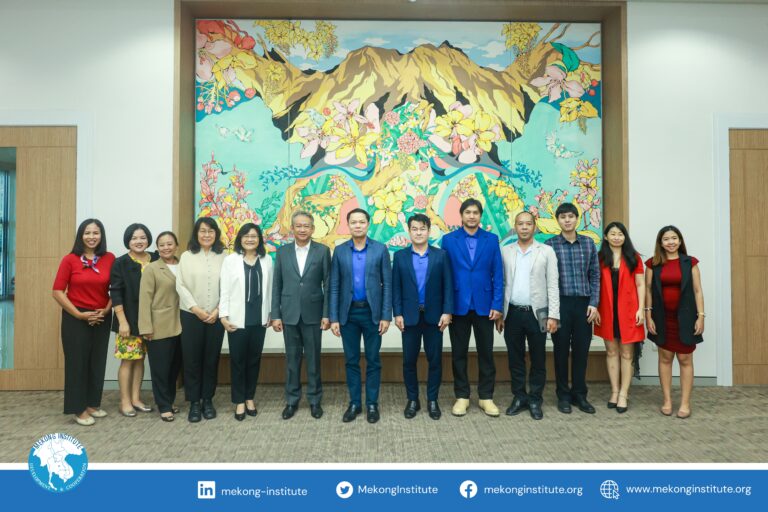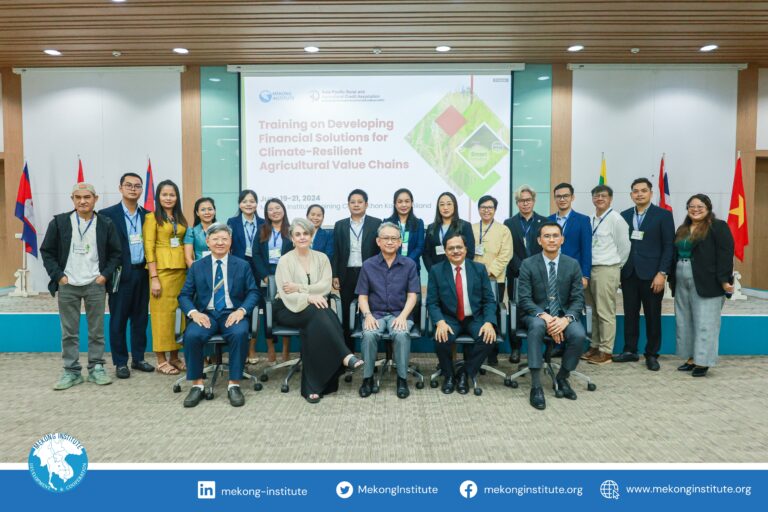Today, on World Food Safety Day, Mekong Institute (MI) joins the stakeholders of the national food control system in Lao PDR and the world to commemorate the importance of food safety for public and economic health.
We always fall back on the numbers to reiterate the cost of not addressing the immense burden of foodborne illness on people’s health and the economy. One in ten people worldwide falls ill from contaminated food annually and the rates are higher in developing countries. The scale of burden on public health system due to foodborne diseases is comparable to that of malaria or HIV AIDS. A 2018 World Bank report states that foodborne illnesses cost developing countries USD110 billion annually in healthcare costs and productivity loss.
Lao PDR and its Mekong region neighbors are naturally blessed in terms of the ability to produce a vast variety of food. The agriculture sector remains the primary source of employment in Lao PDR. The government has implemented various measures to scale up production and value addition in the agri-food sector. The success of these measures rides on the integrity of the food control system in ensuring appropriate level of protection for public health.
The Lao Food Law has been enacted to strengthen collaboration among various agencies and stakeholders to advance food safety in Lao PDR. Mekong Institute, through the PROSAFE Project, joins Lao PDR in this effort. The PROSAFE (Promoting Safe Food for Everyone) project is a five-year initiative funded by the New Zealand Aid Programme to strengthen stakeholders’ capacity on food safety. About 150 individuals from Lao PDR have attended 26 regional training programs since the project began in 2018. Forums, such as this, are meant to allow all the stakeholders in the food control system to reflect, appreciate and acknowledge our roles to sustain the improvements in the food safety system.
The forum today aims to strengthen multi-agency and multi-stakeholder collaboration to enhance awareness among consumers on the importance of safer food. Informed consumers create demand for safer food, further compelling the private sector to comply with the relevant food safety standards and regulations.
Mr Suriyan Vichitlekarn reiterated MI’s commitment to the capacity building of agri-food stakeholders in the Greater Mekong Sub-region to achieve food safety and agri-food development and commercialization goals. Mr. Somsack Vongvixay expressed the common vision shared by the Ministry of Agriculture and Forestry to protect the general public through the promotion of compliance with GAP, OA and IPM to minimize the risk of pesticides in the fresh produce. In this regard, MAF has increased the number of officials and strengthened their capacity to support food safety and trade in safer food. Dr. Bounxou Keohavong, the Director General of Food and Drug Department of the Ministry of Health who officiated the forum, stated that the Lao Food Law and regulations underpin the efforts to protect food safety for consumers in Lao PDR. The law supports collaboration between various agencies and international cooperation. Thus, the support from MI, NZAP and FAO is also key in the implementation of the requirements under the Lao Food Law. Dr. Bounxou Keohavong also highlighted the impact of unsafe food on vulnerable groups like children who are disproportionately exposed to such. The implementation of the Lao Food Law and policy requires all stakeholders to understand and execute their roles because food safety is a shared responsibility to protect current and future generations and the economy of Lao PDR.
It is hoped that through the mobilization of mass movement organizations, such as the Lao Women Union and the Lao Farmer Network, there will be a ground swell of demand for safer food among Lao consumers for the health and well-being of the country.
MI’s PROSAFE project aims to strengthen food safety capabilities of agri-food supply chain stakeholders in Cambodia, Lao PDR, Myanmar, and Vietnam. Specifically, its goal is to promote food safety through a coordinated approach to knowledge and skills development. Apart from addressing country-identified training needs, the project also builds strong partnerships and collaboration between the public and the private sector.


